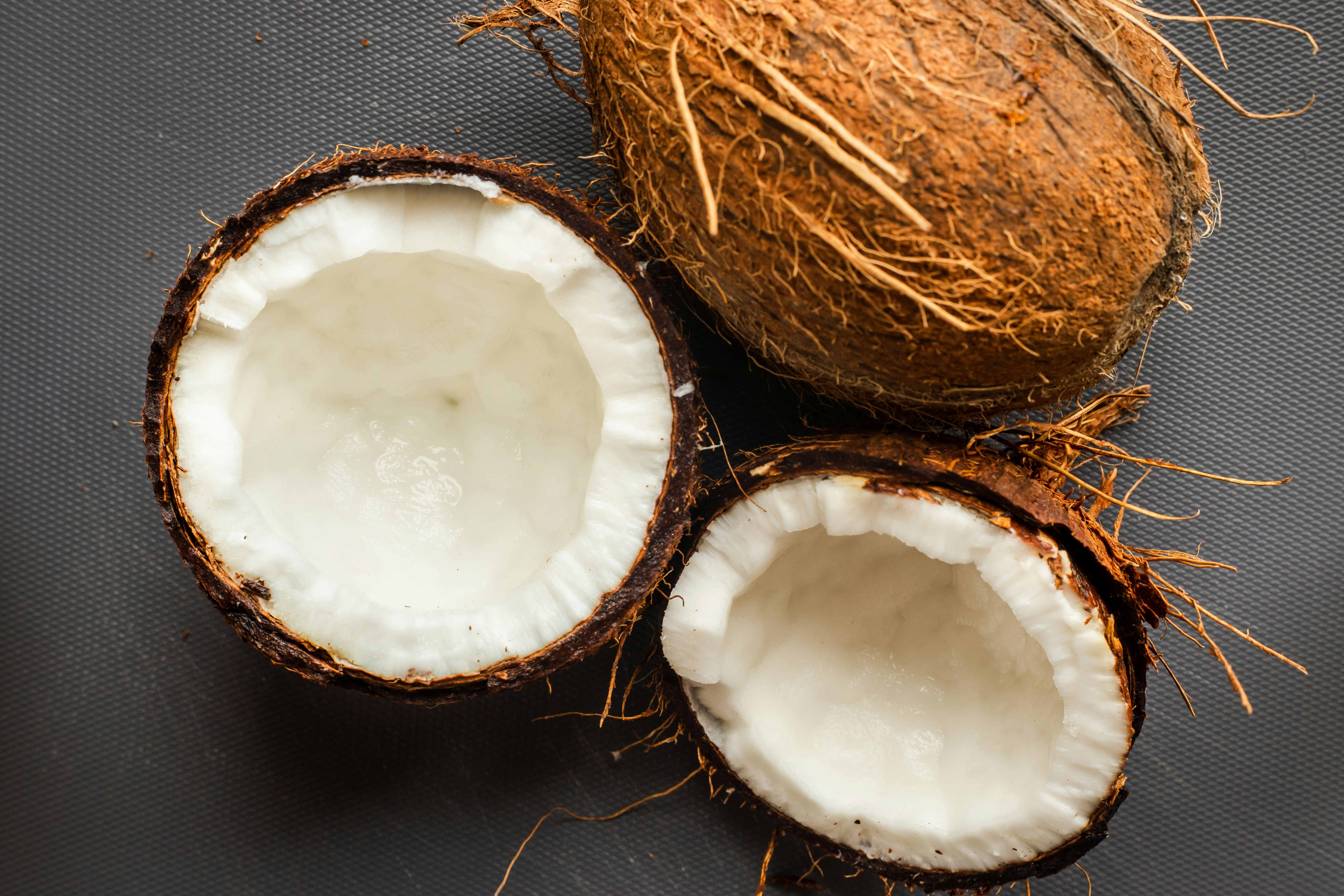Walking is the easiest way to remain fit and active. You may think it is underrated as a form of exercise, not more. Regular walking can reduce stress levels, prevent memory decline, boost heart health and add more years to your life.A new study led by an Indian-origin researcher and published in the Journal Clinical Journal of the American Society of Nephrology shows that walking for just two minutes every hour can offset the health hazards of sitting for long periods of time.Scientists and health experts both agree that sitting for long hours can drastically harm your health. Studies have shown that it can trigger chronic ailments like heart disease and even cancer.
These findings indicate that a "trade-off" of sitting for light intensity activities for two minutes each hour is associated with a 33 percent lower risk of dying.
"It was fascinating to see the results because the current national focus is on moderate or vigorous activity. To see that light activity had an association with lower mortality is intriguing," said lead author Srinivasan Beddhu, professor of medicine at the University of Utah School of Medicine.Researchers examined 3,243 participants to see whether longer durations of low intensity activities (e.g. standing), and light intensity activities (e.g. casual walking, light gardening, cleaning) extends the life span of people who are sedentary for more than half of their waking hours. Beddhu explained that while it is obvious that it takes energy to exercise, strolling and other light activities also use energy -- and even short walks add up to a lot when repeated many times over the course of a week.(Is Sitting Down Bad for My Health?)Assuming 16 awake hours each day, two minutes of strolling each hour expends 400 kilocalorie (kcal) each week. That number approaches the 600 kcal it takes to accomplish the recommended weekly goal of moderate exercise."Based on these results, we would recommend adding two minutes of walking each hour in combination with normal activities, which should include 2.5 hours of moderate exercise each week," Beddhu noted.(Put Your Best Foot Forward: Why Walking is Good For You)Of course, this alone may not help you achieve your fitness goals. Combine it with moderate exercise strengthens the heart, muscles, and bones, and confers health benefits.With inputs from IANS
These findings indicate that a "trade-off" of sitting for light intensity activities for two minutes each hour is associated with a 33 percent lower risk of dying.
"It was fascinating to see the results because the current national focus is on moderate or vigorous activity. To see that light activity had an association with lower mortality is intriguing," said lead author Srinivasan Beddhu, professor of medicine at the University of Utah School of Medicine.Researchers examined 3,243 participants to see whether longer durations of low intensity activities (e.g. standing), and light intensity activities (e.g. casual walking, light gardening, cleaning) extends the life span of people who are sedentary for more than half of their waking hours. Beddhu explained that while it is obvious that it takes energy to exercise, strolling and other light activities also use energy -- and even short walks add up to a lot when repeated many times over the course of a week.(Is Sitting Down Bad for My Health?)Assuming 16 awake hours each day, two minutes of strolling each hour expends 400 kilocalorie (kcal) each week. That number approaches the 600 kcal it takes to accomplish the recommended weekly goal of moderate exercise."Based on these results, we would recommend adding two minutes of walking each hour in combination with normal activities, which should include 2.5 hours of moderate exercise each week," Beddhu noted.(Put Your Best Foot Forward: Why Walking is Good For You)Of course, this alone may not help you achieve your fitness goals. Combine it with moderate exercise strengthens the heart, muscles, and bones, and confers health benefits.With inputs from IANS
Advertisement
For the latest food news, health tips and recipes, like us on Facebook or follow us on Twitter and YouTube.
Tags:










